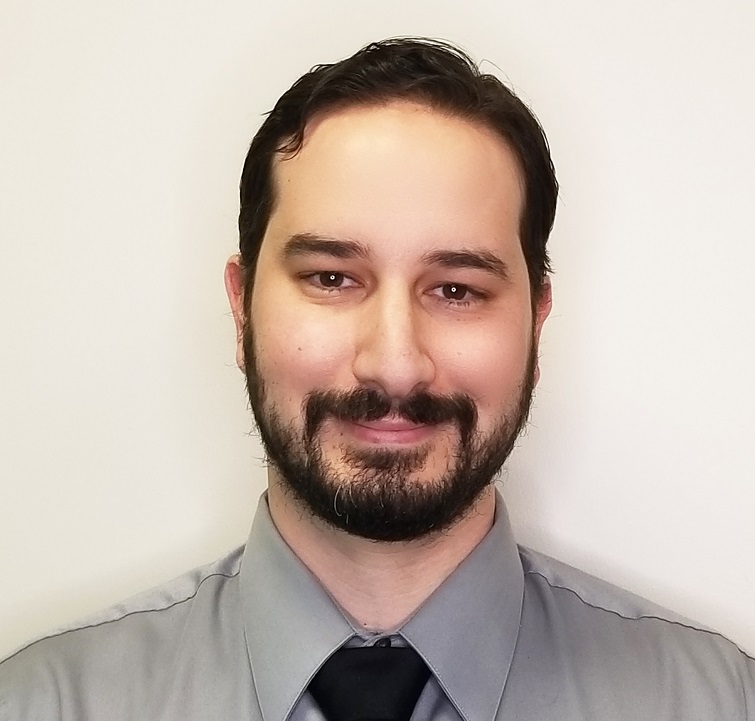Arthritis, Connective Tissue and Skin Study Section – ACTS

The Arthritis, Connective Tissue and Skin Sciences (ACTS) Study Section reviews basic and clinical research applications dealing with the biology and diseases of joints, connective tissue, and skin.
The List of Reviewers lists all present, whether standing members or temporary, to provide the full scope of expertise present on that date. Lists are posted 30 days before the meeting and are tentative, pending any last minute changes.
Review Dates
Topics
- Biology of the joint and connective tissue, including synovium, capsule, extracellular matrix, microvasculature, innervation.
- Hereditary, inflammatory and degenerative diseases of joints and connective tissues. Immune cell involvement in rheumatic diseases.
- Systemic rheumatic diseases including systemic lupus erythematosus, Sjogren’s syndrome, scleroderma, rheumatoid arthritis, juvenile arthritis, psoriatic, bacterial, septic, and viral arthritis, gout, dermatomyositis, and polymyositis.
- Biology and physiology of the skin and skin appendages such as hair follicle, sebaceous and sweat glands. Structure and function of dermis and epidermis. Skin development, skin stem cells, skin homeostasis and aging. Skin barrier function, regulation, and transdermal drug delivery. Skin wound healing, diabetic and pressure ulcers. Pruritus and its mechanisms.
- Melanocyte biology, skin pigmentation and vitiligo.
- Disorders of skin and its appendages, including genetic, inflammatory, autoimmune, allergic, hyperproliferative, pre-neoplastic, blistering, and fibrotic disorders; systemic diseases with major cutaneous involvement, including psoriasis, dermatitis, ichthyosis, keloids, fibrosis, pseudoxanthoma elasticum, undifferentiated connective tissue diseases, pemphigus, and bullous diseases.
- Stem cell-based therapies for skin diseases.
- Skin interactions with the environment: skin carcinogenesis, carcinoma, melanoma, UV and photobiology of the skin.
- Skin microbiome and infection. Immune cell functions in the skin.
Shared Interests and Overlaps
There are shared interests with Musculoskeletal Tissue Engineering (MTE) in the investigation of skin repair. Grant applications that focus on tissue engineering aspects of wound healing and skin repair may be assigned to MTE. Applications focusing on biology and physiology of the skin, skin stem cells, skin appendages such as hair follicle, sweat glands, and extracellular matrix may be assigned to ACTS.
There are shared interests with Oral, Dental and Craniofacial Sciences (ODCS) in the investigation related to Sjogren’s syndrome. Grant applications that focus on oral complications of the disease and pathophysiology and repair of salivary glands may be assigned to ODCS. Applications that focus on immunobiology and analysis of immune cell functions may be assigned to ACTS.
There are shared interests with Skeletal Biology Development and Disease (SBDD) in the investigation of inflammatory arthritis. Grant applications focused on inflammatory arthritis induced bone and cartilage degeneration may be assigned to SBDD. Applications that focus on cellular, molecular and immunological aspects of inflammatory arthritis may be reviewed in ACTS.
There are shared interests with Skeletal Biology Structure and Regeneration (SBSR) in the investigation of inflammatory aspects of degenerative joint diseases. Grant applications that address the inflammatory mechanisms in osteoarthritis, are assigned to SBSR. Applications that address the inflammatory mechanisms in rheumatoid, juvenile, psoriatic, bacterial, septic, and viral arthritis, are assigned to ACTS.
There are shared interests with Hypersensitivity, Autoimmune, and Immune-mediated Diseases (HAI) in the investigation of autoimmune diseases of the joints, connective tissues, and skin. Grant applications that focus primarily on the immunological of rheumatic diseases may be assigned to HAI. Applications that focus on specific pathophysiology of immune-mediated disease in the joints, connective tissues, and skin may be assigned to ACTS.
There are shared interests with Molecular Oncogenesis Study Section (MONC) in studying molecular and cellular events leading to oncogenic transformation and early tumorigenesis. Grant applications that focus primarily on basic biology of cellular factors and signaling pathways in keratinocytes and melanocytes may be assigned to ACTS. Applications that focus primarily on early stages of carcinoma and melanoma development may be assigned to MONC.
There are shared interests in systemic rheumatic disease and conditions with Aging, Injury, Musculoskeletal, and Rheumatologic Disorders (AIMR). Applications that emphasize the biology and physiology of these conditions are reviewed in ACTS. Applications that emphasize the distribution and determinants of these conditions in human subpopulations are reviewed in AIMR.

